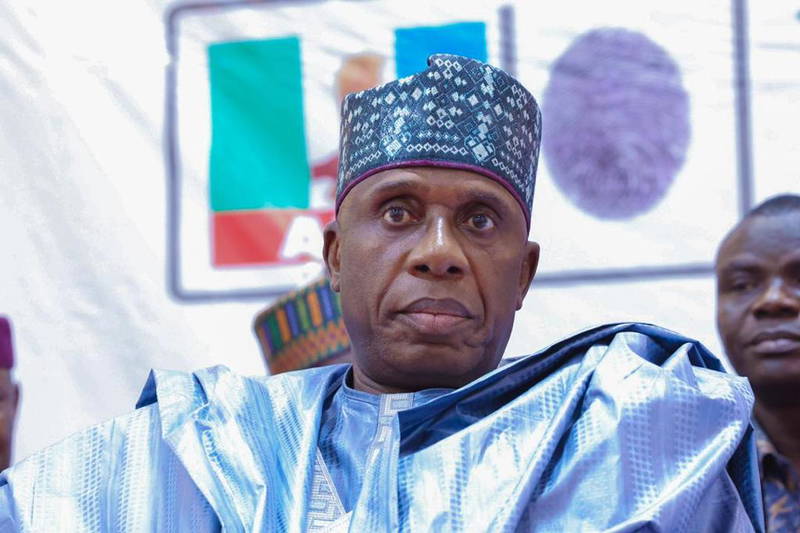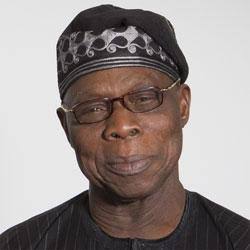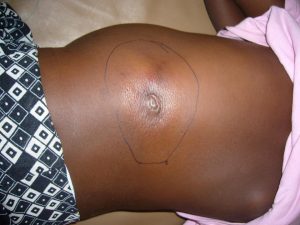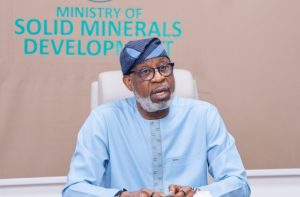
The All Progressives Congress (APC) launched a fierce attack on former Vice President Atiku Abubakar, former Minister of Transportation Rotimi Amaechi, and ex-Kaduna State Governor Nasir El-Rufai, accusing them of exploiting poverty and seeking to return to power purely for personal gain. The party dismissed allegations that President Bola Tinubu’s government is “weaponising” poverty, pointing out that the trio failed to address poverty during their combined 24 years in various political offices.
The APC’s rebuttal came in response to remarks made at a public lecture celebrating Amaechi’s 60th birthday in Abuja on May 31, 2025. The party’s spokesman, Felix Morka, described the event as a platform where Amaechi, Atiku, and El-Rufai displayed “frenzied desperation” to reclaim power and continue their “rent-seeking” practices.
Morka highlighted that between 1999 and 2023, these politicians held some of the highest offices in Nigeria but did not make meaningful efforts to tackle poverty or the structural economic challenges that have long plagued the country. Instead, he accused them of indulging in corruption, selling national assets cheaply to cronies, and sponsoring state violence.
Focusing on Amaechi, the APC noted his 24 years in public office—as Rivers State House of Assembly Speaker, Governor, and Minister—without any significant record of poverty alleviation. Morka interpreted Amaechi’s recent declaration of being “hungry” as a metaphor for his eagerness to return to the privileges and patronage associated with state resources.
The party further argued that the trio’s criticism of President Tinubu’s reforms stems from their discomfort with a new era emphasizing hard work, productivity, and innovation, which threatens their previous rent-seeking dominance. The APC also blamed previous administrations, particularly the 16 years under the Peoples Democratic Party (PDP), for economic mismanagement that created the poverty conditions Tinubu’s government is now addressing.
In addition, the APC pointed out that Atiku and former presidential candidate Peter Obi benefited from the old economic system and that their criticisms are self-serving attempts to preserve the status quo that enriched them.
In response, Atiku Abubakar’s media adviser, Mazi Paul Ibe, dismissed the APC’s accusations as politically motivated distractions from governance failures. He described the 2027 general elections as a referendum on President Tinubu’s administration and stressed that Atiku’s efforts are driven by Nigerians’ aspirations for improved living conditions, not personal enrichment.
Ibe criticized the Tinubu government’s inefficiency, citing the completion of only 30 kilometers out of a 700-kilometer road project in two years as an example of poor governance. He also highlighted worsening socio-economic conditions, including Nigeria’s status as the poverty capital of the world and its leading position in child malnutrition in Africa.
Defending Atiku’s integrity, Ibe contrasted his business success and self-funded campaigns with the alleged corruption of his critics. He urged the APC to focus on delivering results for Nigerians rather than obsessing over Atiku’s political activities.
“The next election will be between Tinubu and the rest of Nigeria,” Ibe declared, underscoring the high stakes of the 2027 polls for the country’s future direction.






